order histories, retained contact details for faster checkout, review submissions, and special promotions.
Forgot password?
order histories, retained contact details for faster checkout, review submissions, and special promotions.
Locations
Orders Processing,
Shipping & Receiving,
Warehouse
2 Shaker Rd Suites
B001/B101
Shirley, MA 01464
Production Lab
Floor 6, Suite 620
20700 44th Avenue W
Lynnwood, WA 98036
Telephone Numbers
Tel: +1 (206) 374-1102
Fax: +1 (206) 577-4565
Contact Us
Additional Contact Details
order histories, retained contact details for faster checkout, review submissions, and special promotions.
Forgot password?
order histories, retained contact details for faster checkout, review submissions, and special promotions.
ARNT / HIF-1-Beta
aryl hydrocarbon receptor nuclear translocator
Transcriptional responses to many environmental and developmental stimuli are mediated by the basic helix-loop-helix (bHLH)-PAS family of proteins, which form homodimers that bind regulatory DNA sequences. ARNT/HIF-1 beta regulates the expression of different sets of genes in response to distinct environmental challenges. ARNT forms a complex with arylhydrocarbon receptor (AHR) to activate expression of genes encoding P450. Once AHR binds it ligand, it associates with ARNT for transport into the nucleus. ARNT also dimerizes with HIF-1alpha, -2 alpha or -3 alpha in response to low oxygen concentration to induce the expression of hypoxia-regulated genes encoding vascular endothelial growth and other genes. The expression of ARNT/HIF-1beta remains fairly constant and the protein is found in the nucleus and the cytoplasm.
| Gene Name: | aryl hydrocarbon receptor nuclear translocator |
| Synonyms: | ARNT, ARNT protein, BHLHe2, HIF-1beta, HIF1-beta, HIF1BETA, TANGO, HIF-1-beta, HIF1B |
| Target Sequences: | NM_001668 NP_001659.1 P27540 |
Publications (64)
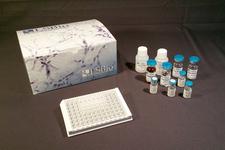
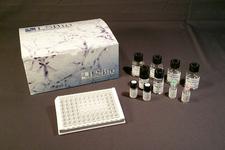
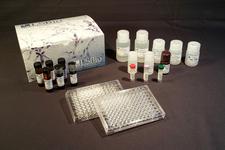
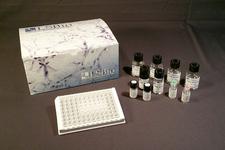
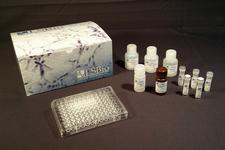






If you do not find the reagent or information you require, please contact Customer.Support@LSBio.com to inquire about additional products in development.










